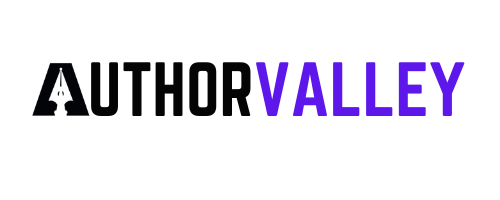The Power of Trello to Streamline Your Writing Project

Greetings, fellow scribes! Whether you’re knee-deep in the world-building stage of your fantasy epic or wrestling with the concluding chapter of your self-help book, one thing is clear: staying organized is a non-negotiable ingredient in the recipe for a successful writing project. Today, we’re going to look at one powerful tool that can help you master this art: Trello.
What is Trello?
For the uninitiated, Trello is a free, flexible, and visually appealing project management tool that utilizes a system of boards, lists, and cards to help you keep track of every minute detail of your project. Think of Trello as a virtual bulletin board where you can pin your ideas, plans, and tasks.
Why Trello for Authors?
“But wait,” I hear you typing indignantly in the comments. “Isn’t Trello for programmers and managers?” Well, yes, and also no. Trello’s beauty lies in its versatility. From planning a wedding to managing a multinational corporation, this tool can adapt to your needs. So, why not adapt it for your writing project?
Setting Up Your Trello Board for Your Writing Project
- Board Creation: Start by creating a new board for your writing project. You could have one board per project or one for all of your writing endeavours—whatever floats your literary boat.
- List Creation: Within your board, create different lists to represent the various stages or aspects of your writing project. Here are some suggestions:
- ‘Idea Generation’: where you store all your brainwaves for future exploration.
- ‘Research’: for all those fascinating facts you need to back up your plot or argument.
- ‘Characters’: for those of you crafting stories, keep tabs on each character’s development here.
- ‘To-Do’: because who doesn’t love a good checklist?
- ‘In Progress’: for chapters or sections you’re currently working on.
- ‘Editing’: because your first draft isn’t your final draft. (If it is, teach me your ways!)
- ‘Finalized’: for completed sections. Revel in the satisfaction of moving a card here.
- Cards Creation: Within each list, you’ll create individual cards. Each card could represent a chapter, a character profile, a blog post, a research point—again, it’s all up to you.
Trello’s Extra Bells and Whistles
Apart from the basics, Trello has some nifty features that can supercharge your writing project.
- Labels: You can assign color-coded labels to your cards. This could be used to denote different themes, identify various characters, or highlight different degrees of task urgency.
- Checklists: Each card can have multiple checklists. Use this to break down your tasks into manageable steps.
- Due Dates: Working towards a deadline? You can set due dates for each card and get reminders.
- Attachments: You can add files directly to your cards—very handy for storing your actual writing or important research files.
- Comments: Each card has a comment section where you can jot down thoughts or ideas as they come to you. It’s like having your brainstorming sticky notes right there with your task.
Real-Life Application
Still skeptical? Let me introduce you to Jane, a self-published author who transformed her writing process using Trello. Jane was working on her second crime thriller but was struggling with plot continuity. Enter Trello. She created a board with lists for every main character and every plot point. With color-coded labels for each character, Jane tracked their movements and actions across each card. The result?
A flawlessly interconnected plot and a streamlined writing process.
In conclusion, using Trello for your writing project isn’t about adding another tool to your arsenal. It’s about maximizing your efficiency and maintaining a clear vision of your project from idea generation to the final draft. So, why not give Trello a try for your next project? It’s easy, intuitive, and dare I say… quite fun.
I look forward to reading your Trello success stories in the comments below! And remember, whether you’re an author organizing chapters or a blogger planning posts, there’s a Trello board waiting for you. Happy writing!
What’s your favourite Trello feature? How have you adapted Trello for your writing projects? Share your tips, questions, and Trello triumphs in the comments below. Together, let’s make the writing process less daunting and more delightful.


